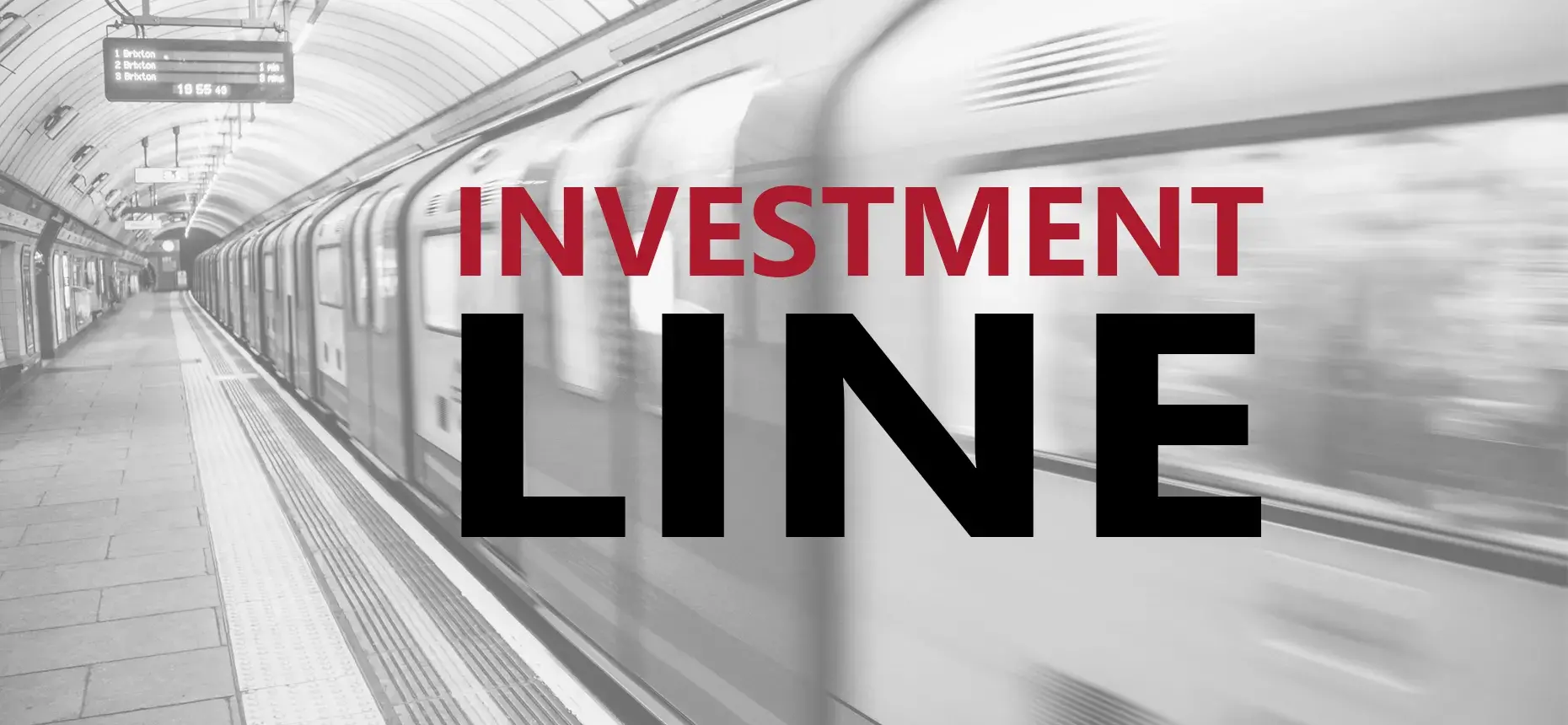UK
The fall in sterling is dominating news headlines at the moment and for good reason. At the start of September, £1 would buy you $1.15 and the pound now trades around the $1.08 mark. Contrast this with a level of $1.35 at the start of the year and around $1.55 before the EU Referendum. True, all currencies have struggled to some degree against the all-conquering US dollar but still the moves are exceptional. The move in sterling (and gilt prices) represents deteriorating international confidence in the UK’s response to current economic challenges. Not least of these is the need to rein in inflation, with a desire from both the Bank of England and the UK Government, although it is the response of the latter (via the ‘mini-budget’) which has triggered the recent, acute moves.
Last week’s base rate increase to 2.25% was less than markets had initially anticipated, with a 0.75% rise expected rather than the 0.50% delivered, and crucially less than some international peers, most notably the US and Europe. For investors, this has been seen as being too soft on rising inflation. Then of course we had the aforementioned mini-budget on Friday, which was anything but ‘mini’ in terms of its impact. The measures saw the UK Government effectively announce massive unfunded spending, representing around 9% of GDP over the next four years. At a time of inflation and vulnerable public finances with a recession looming (if not already here), this looked to many, especially overseas investors, reckless. The lack of publication of an analysis of the measures from the Office of Budget Responsibility has certainly not helped with confidence. Overseas investors have taken fright and domestics investors have hardly been delighted either. Those areas of the equity market which are most exposed to higher interest rates have been hit hard with property and housebuilding stocks seeing significant price falls. Indeed, some mortgage companies have begun to withdraw offers, showing how the real economy is quickly impacted by moves in markets.
At the time of writing, it seems unlikely that the UK Government policy is going to change quickly, particularly with a new Prime Minister driven by a strong ideology, so all eyes are on the Bank of England. The Bank might be tempted to defend sterling by selling overseas assets, although the lack of reserves may make this difficult. It was hoped that a strong enough statement from the Bank on dealing with inflation might curtail some of the weakness, though their first attempt was not seen as adequate by investors. Further potential action could be an emergency rate rise before the next scheduled meeting in November – possibly as much as 1%. In truth, there are no good options for the Bank of England as any ‘reassurance’ that rate rises provide will probably be eclipsed by the negative impact on an already fragile economy.
Our Asset Allocation Committee has discussed these developments, and we remain comfortable with our current currency exposures within models. It would appear most likely that sterling will stabilise around current levels, but we would be prepared to act if conditions deteriorate. Almost all of our overseas exposure is unhedged which means we have ‘benefited’ from weakening sterling to some degree. This series of events can also be framed as an opportunity, with many UK assets now looking very cheap and we have even discussed if we should be looking at gilts again at current yield levels. That is not to say things will not get even more strained for the UK from here, a further move out in yields seems almost inevitable, but some real value is emerging and these crisis situations always present opportunities for investors. We will of course keep you informed of our thinking and decisions as we look to capitalise on this environment but do not be surprised if that action is a little way off – we are not convinced this has all played out just yet.
Investment Line is written and edited by members of the Mattioli Woods Group investment committee and is for information purposes. It is not intended to be an invitation to buy, or act upon the comments made, and all/any investment decisions should be taken with advice, given appropriate knowledge of the investor’s circumstances. The value of investments and the income from them can go down as well as up, and you may not get back the amount invested. Past performance is not a guide to future returns.
Mattioli Woods is authorised and regulated by the Financial Conduct Authority.





